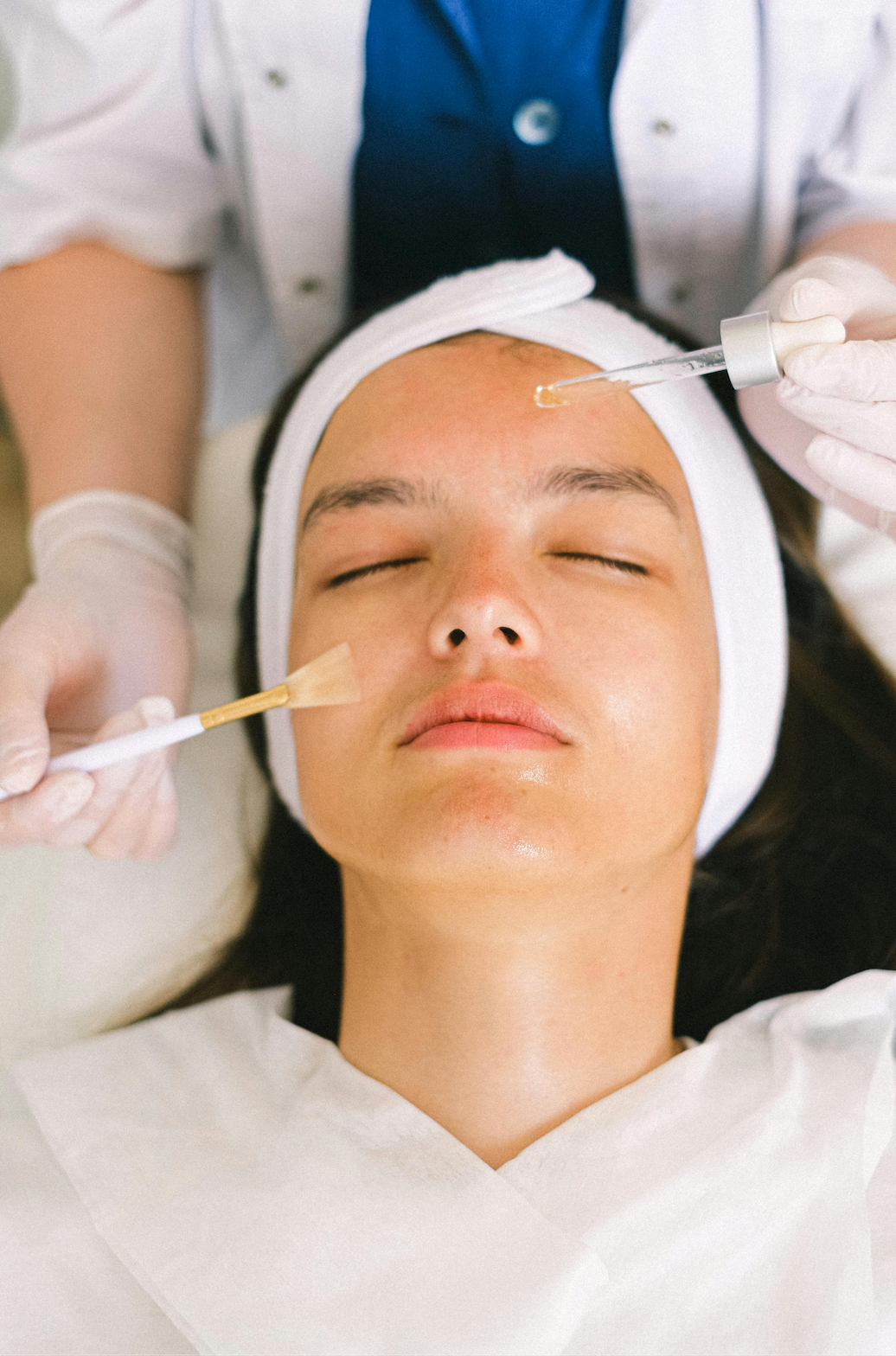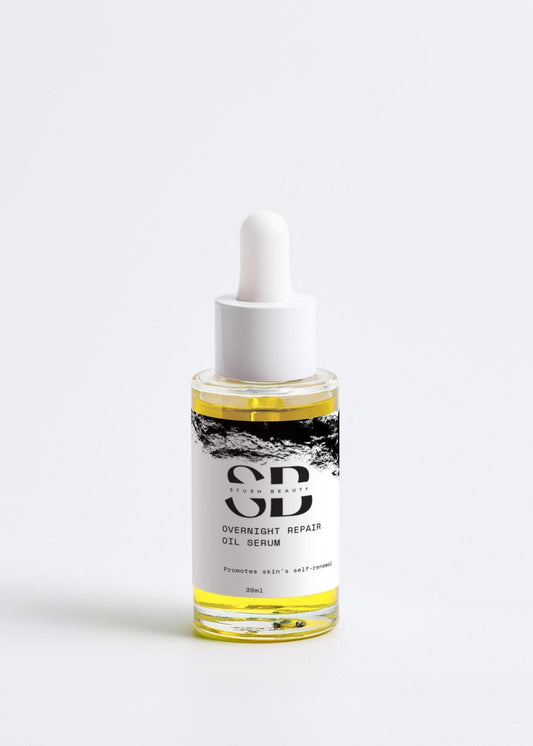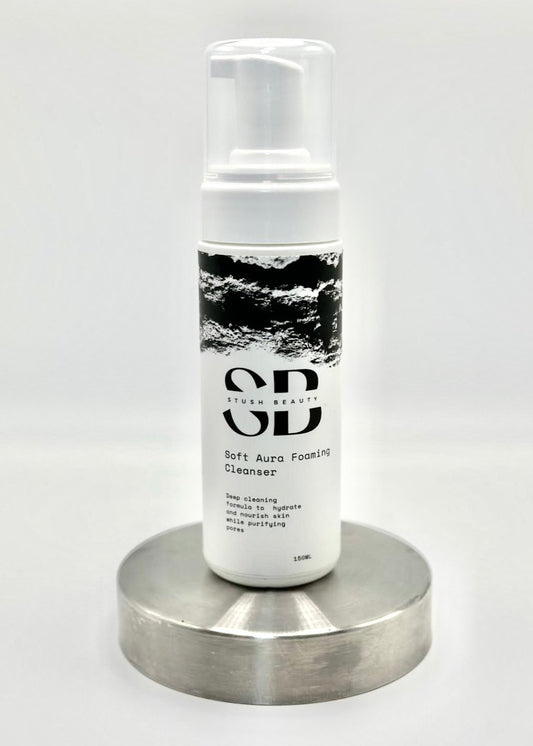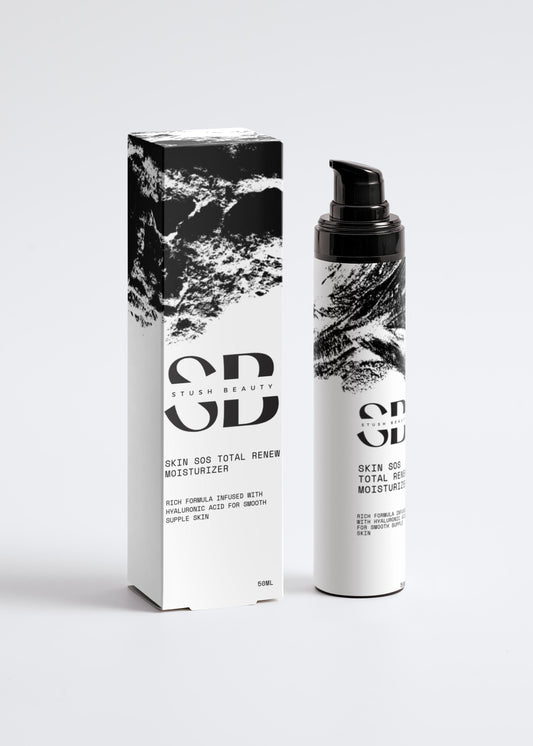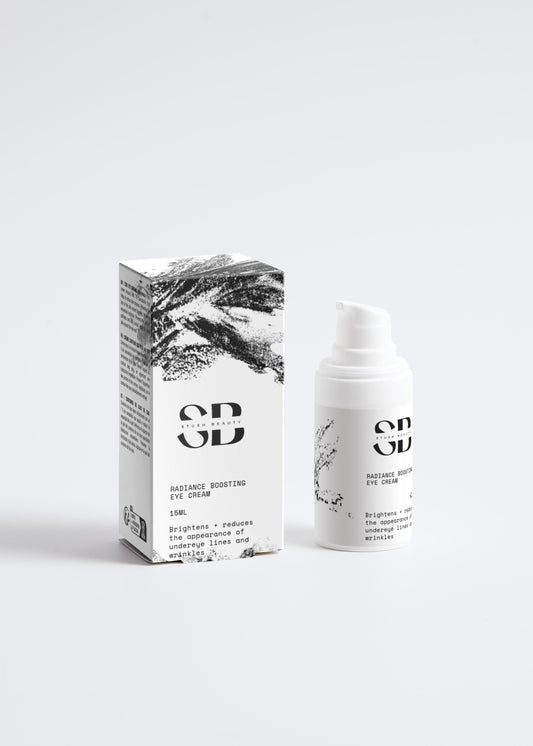Chemical peels have gained popularity in recent years as a skincare treatment that promises to rejuvenate the skin and address various concerns such as acne, uneven skin tone, and signs of aging. However, like any cosmetic procedure, chemical peels come with their own set of pros and cons. In this article, we'll delve into the benefits and drawbacks of chemical peels to help you decide if they're worth it for you.
Pros of Chemical Peels:
-
Improves Skin Texture: One of the primary benefits of chemical peels is their ability to improve skin texture by removing dead skin cells and stimulating collagen production. This can result in smoother, softer, and more radiant skin.
-
Treats Hyperpigmentation: Chemical peels can effectively target hyperpigmentation issues such as sun damage, age spots, and melasma, leading to a more even skin tone.
-
Reduces Acne and Acne Scars: Peels containing ingredients like salicylic acid or glycolic acid can help unclog pores, reduce inflammation, and fade acne scars, making them a popular choice for individuals struggling with acne-prone skin.
-
Minimizes Fine Lines and Wrinkles: Certain chemical peels, such as those with trichloroacetic acid (TCA) or phenol, can penetrate deeper layers of the skin, stimulating collagen production and reducing the appearance of fine lines and wrinkles.
-
Customizable Treatment Options: Chemical peels come in varying strengths and formulations, allowing skincare professionals to customize treatments based on individual skin concerns and sensitivities.
Cons of Chemical Peels:
-
Risk of Side Effects: While chemical peels are generally safe when performed by a trained professional, there is a risk of side effects such as redness, swelling, peeling, and in rare cases, scarring or infection.
-
Downtime: Depending on the depth of the peel, individuals may experience downtime ranging from a few days to a couple of weeks. During this time, the skin may be sensitive, red, and peeling, which can be inconvenient for some people.
-
Sun Sensitivity: After undergoing a chemical peel, the skin becomes more susceptible to sun damage. It's crucial to protect the skin with sunscreen and avoid prolonged sun exposure to prevent adverse reactions and maintain results.
-
Multiple Sessions Needed: While some individuals may see noticeable improvements after a single treatment, most people require multiple sessions spaced several weeks apart to achieve desired results. This can add up in terms of time and cost.
-
Not Suitable for Everyone: Chemical peels may not be suitable for individuals with certain skin conditions, such as eczema, rosacea, or active cold sores. It's essential to consult with a dermatologist or skincare professional to determine if you're a suitable candidate for the procedure.
Are Chemical Peels Worth It?
Whether chemical peels are worth it ultimately depends on your skincare goals, tolerance for downtime, and budget. For individuals seeking significant improvements in skin texture, tone, and clarity, chemical peels can be a valuable addition to their skincare routine. However, it's essential to weigh the potential benefits against the risks and consider factors such as downtime and maintenance requirements.
Before undergoing a chemical peel, it's crucial to consult with a qualified skincare professional who can assess your skin type, concerns, and medical history to determine the most suitable treatment plan for you. With proper care and guidance, chemical peels can be an effective tool in achieving smoother, more youthful-looking skin.
